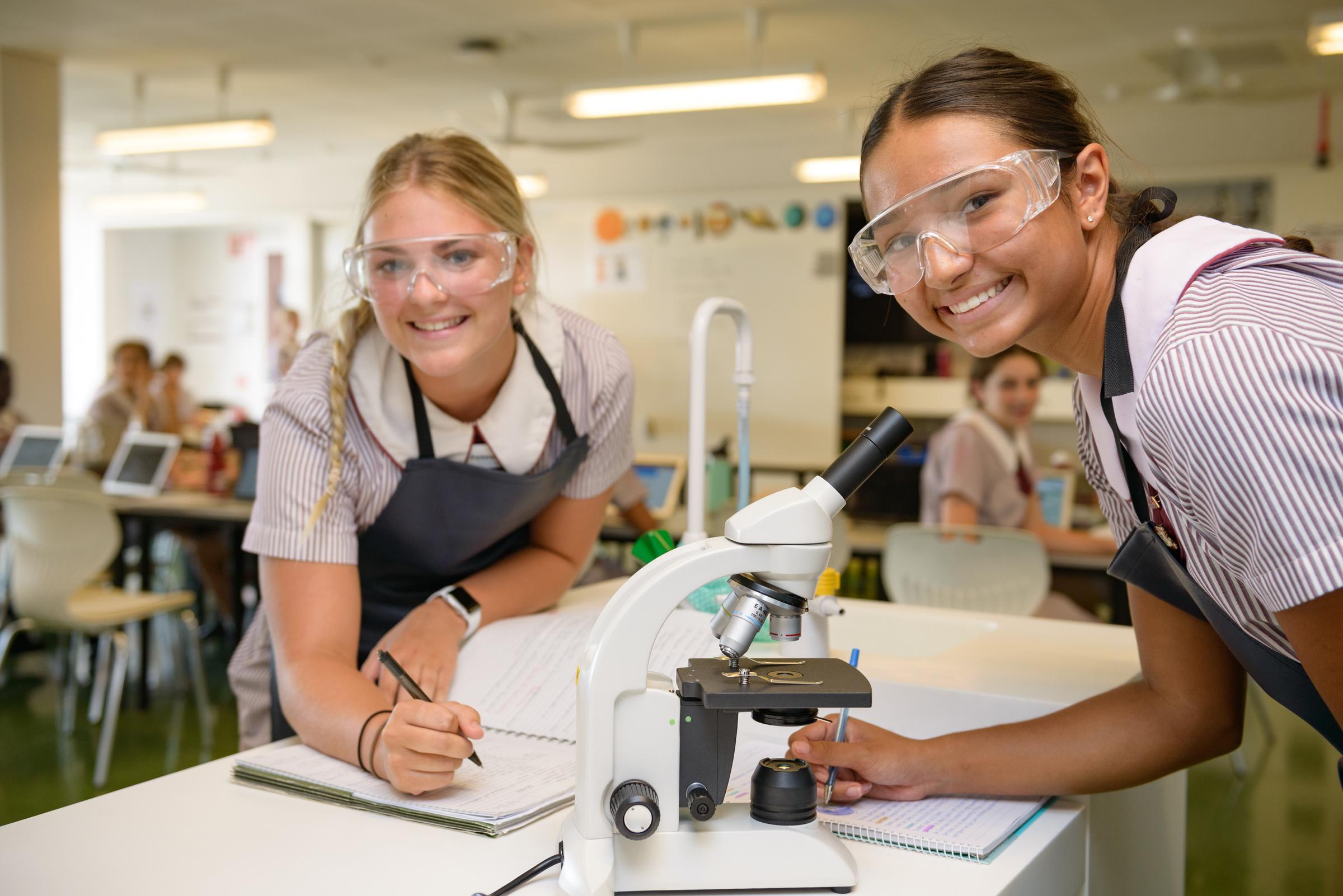Deputy Principal - Teaching and Learning

We hear a lot in education about the three Rs. When people use this expression, they are typically referring to ‘reading, writing, and arithmetic’. The three Rs also apply to the holiday period – a time of rest, relaxation, and reflection. Research into school improvement has shown that reflection plays a key role in enhancing student outcomes. Reflection can be self-driven, or guided. Typically, it comes at the end of a semester. Questions students ask of themselves include:
- How well did I perform in my assessment?
- Are there any key themes in the teacher feedback I received?
- What will I do differently in the future?
AT Mount Alvernia, students are encouraged to set academic goals for themselves, and identify high impact strategies that they can employ in order to improve. Yet, how do we know what is high impact?
Most studies point to importance of routine and restraint. In the 21st century the notion of restraint and routine seems antiquated. Yet they are precisely two of the key characteristics that students need to succeed. Some years ago, this was borne out in a study conducted by Stanford University. This study, known as the Marshmallow Test, began firstly by looking at the capacity of very young children to delay gratification, knowing that they would be rewarded. Put simply, they were left in a room and given a marshmallow. They were reassured that, if the marshmallow was left uneaten by the time of the test conductor’s return, they would receive two marshmallows. While some of the children were able to resist temptation knowing that they would be rewarded, most were not.
The Stanford study then aimed to follow these young people throughout their adult lives. Interestingly, the study found a clear correlation between those who had the discipline to demonstrate restraint as children, and their future success as adults.
While there are obviously exceptions to this rule, it is worth considering how we are encouraging young people to build their discipline towards restraint in a world of immediate gratification. My grandmother’s generation had no use for terms like ‘credit’. If you couldn’t afford something you saved for it until you could. One of my first jobs was as a sales assistant on the lay-by counter. These days, most retailers have done away with progressive payments.
As educators, we experience the challenge of the ‘now’ culture on a daily basis. Its most obvious manifestation is the inclination for shortcuts. For example, just the other day one of my students asked if she could photograph notes from the board rather than write them down. She was not alone in her declaration that writing would take longer. Part of the job of the teacher in a 21st century classroom is knowing when tools of technology help and when they hinder.
In the battle to build the discipline of restraint in young people, can I suggest a few strategies for parents.
- If your daughter is young enough, try your own marshmallow test.
- Introduce your daughter early to the notion of ‘investment’ – for many, this works well in a financial context.
- Model the behaviour of restraint in your own household
- Provide opportunities for your daughter to build patience or delayed gratification
- Ensure your daughter has an established routine. Routines are sometimes hard in busy families, but they are important for students because they establish discipline and familiar ways of working. Routines that work include:
- Homework before dinner
- Homework in a set place
- Computer-/internet-/screen-free time
- Surrendering the phone during study time
- Using the Pomodoro method – timed twenty-minute study periods
- Building in breaks during study time
- Writing ‘to do’ lists for tasks and ticking off steps once completed
- Come up with a family challenge. Develop goals and strategies for completion. Ensure strategies are immediate, medium-, and long-term. For example, a family might have as a goal attendance at the State of Origin in 2021. Tickets are expensive. You have a year to pay for them. How much do you need? How are you each, individually, going to contribute? Monitor the progress.
In the journey to improvement, routine may well be the fourth R!
Kath Little

